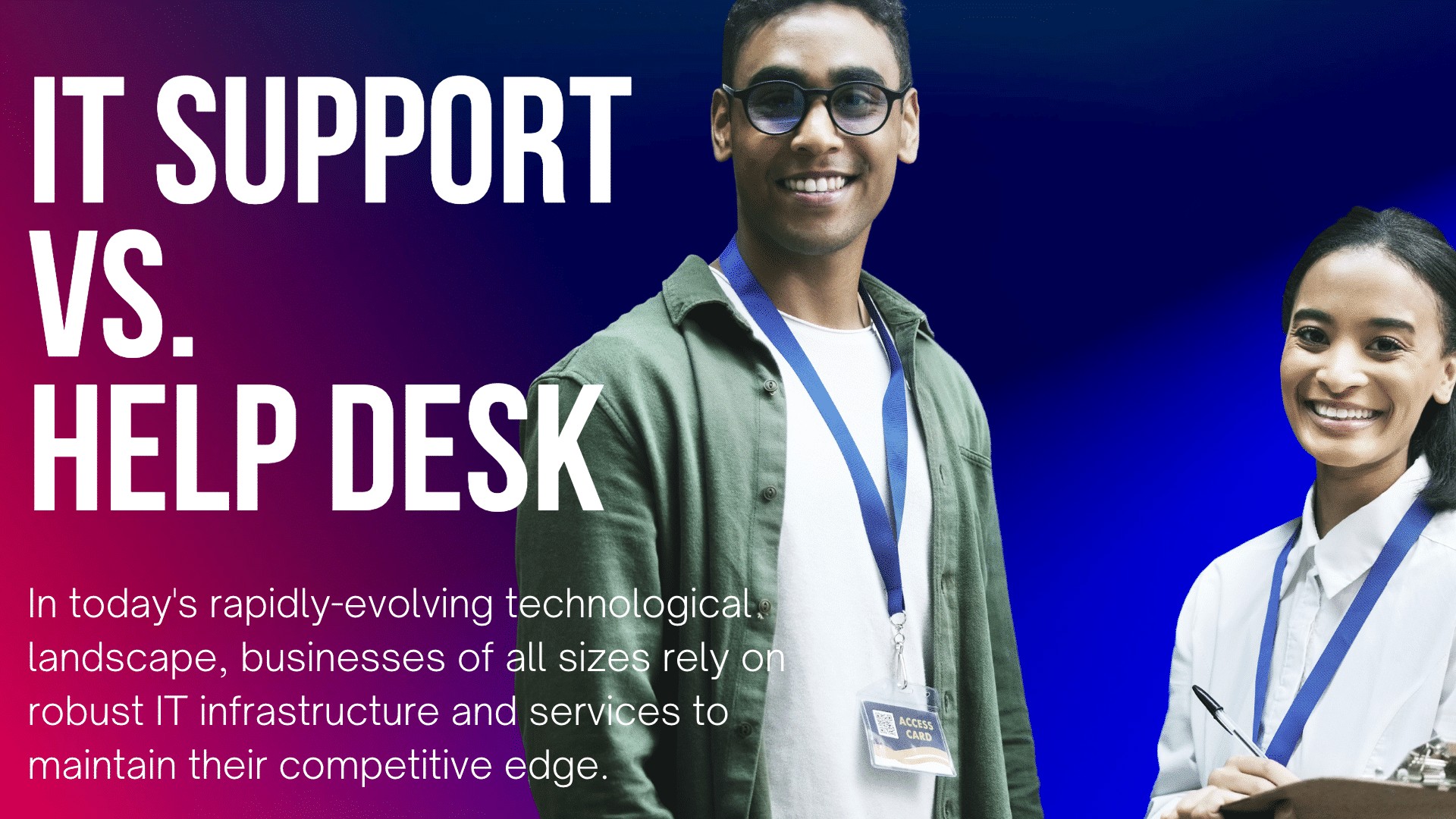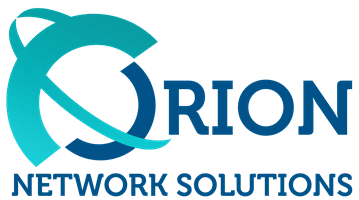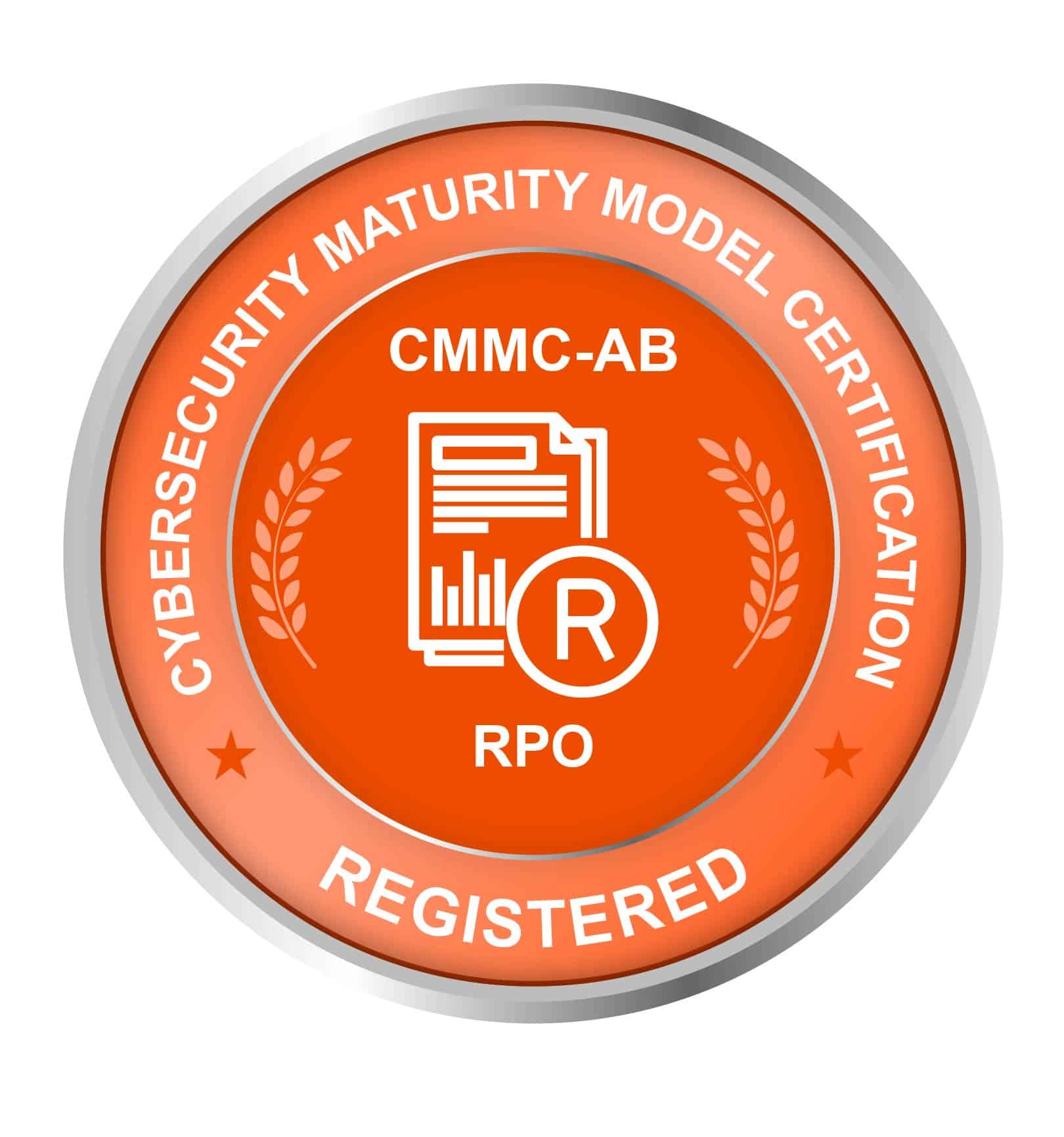IT Support vs. Help Desk: Understanding the Key Differences
In today’s rapidly-evolving technological landscape, businesses of all sizes rely on robust IT infrastructure and services to maintain their competitive edge.
This is where IT support and help desk functions come into play.
While they may seem synonymous, significant differences can impact your organization’s productivity and efficiency. In this blog post, we will dissect the distinctions between IT support and help desk services to help you better understand their roles and benefits.


IT Support: The Backbone of Your Organization’s IT Infrastructure
IT support, or technical support is a broad term encompassing a wide range of services focused on maintaining, troubleshooting, and improving an organization’s IT systems. IT support specialists work behind the scenes to ensure smooth operation and functionality of hardware, software, and networks, providing comprehensive solutions to various technical challenges.
Some key responsibilities of IT support specialists include:
- Infrastructure Management: IT support professionals are responsible for the maintenance, monitoring, and optimization of your organization’s hardware and software, including servers, networks, and workstations.
- Security Management: IT support plays a critical role in maintaining the security of your organization’s digital assets by implementing proactive measures, such as firewalls, antivirus software, and vulnerability assessments.
- Systems Integration: IT support technicians ensure seamless integration between various software, hardware, and network components to facilitate a smooth operation and data flow.
- Troubleshooting and Repairs: When technical issues arise, IT support specialists are called upon to diagnose and resolve problems to minimize downtime and disruptions to productivity.
Help Desk: Your First Line of Defense in IT Support
Help desk services, on the other hand, are a more specialized and customer-focused subset of IT support. Help desk technicians primarily act as the first point of contact for employees, customers, or clients experiencing technical issues. They provide direct assistance via phone, email, chat, or other communication channels and may escalate more complex issues to the appropriate IT support teams.
Key responsibilities of help desk technicians include:
- Issue Resolution: Help desk technicians swiftly assist users facing technical challenges, often resolving issues in real time or guiding them through self-help processes.
- Incident Management: Help desk teams track reported issues, log them for future reference and analyze trends to identify and address recurring problems.
- User Support and Training: Help desk professionals often educate users on best practices and provide guidance on avoiding common technical issues, boosting productivity and empowering users to handle minor issues independently.
- Communication and Coordination: When more advanced support is needed, help desk technicians act as intermediaries, coordinating with IT support teams and specialists to address and resolve complex technical problems.
IT Support vs. Help Desk: The Final Verdict
Understanding the differences between IT support and help desk services is essential for organizations looking to optimize their IT infrastructure and maintain peak productivity. While both roles are integral to a company’s IT operations, their focus, scope, and responsibilities differ significantly.
IT support is the backbone of an organization’s IT infrastructure, providing a wide range of services that keep systems running smoothly, securely, and efficiently. Help desk functions, in contrast, are centered around user support, offering direct assistance to employees and customers grappling with technical issues and acting as the first line of defense against IT problems.
By recognizing and leveraging the unique strengths of IT support and help desk services, organizations can build a strong foundation for their digital operations and ensure a seamless user experience for their employees and customers.










